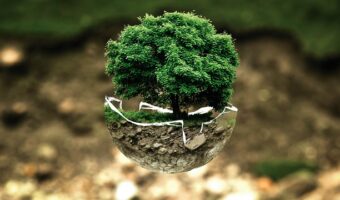Four members of our Institute attended the meetings: Marek Antosiewicz, Jakub Sawulski, Aleksander Szpor and Jan Witajewski-Baltvilks. The workshop, organised half-way through the project, was an ideal occasion to discuss initial results and plan future work.
During the first part of the meeting the discussion revolved around the topic of synergies and conflicts between various low-emission transition pathways and the risks and uncertainties inherently linked with them. Researchers from the Basque Centre for Climate Change pointed to the negative consequences that biofuels and wind energy have on land use.
Considerable time was devoted to the presentation of on-going work on country case studies. The discussion was focused on methods of incorporating qualitative methods such as stakeholder engagement into quantitative tools and models. Gabriel Bachner from the University of Graz updated the consortium on current work carried out on the steel production sector in Austria. The Austrian team has already conducted a series of interviews with engineers and experts and gathered data concerning possible technological progress in the sector. Based on this data, they constructed several development scenarios for steel production and assessed their impact on the economy using a computable general equilibrium model.
Part of the workshop was devoted to small group breakout session meetings. Members of the IBS team took part in discussions concerning the case studies for Poland, Greece and Chile. The topics included the calibration and use of economic and energy systems models. Finally, during the last session of the workshop, a representative of the European Commission highlighted new rules concerning open access to results obtained as part of EU funded projects.

